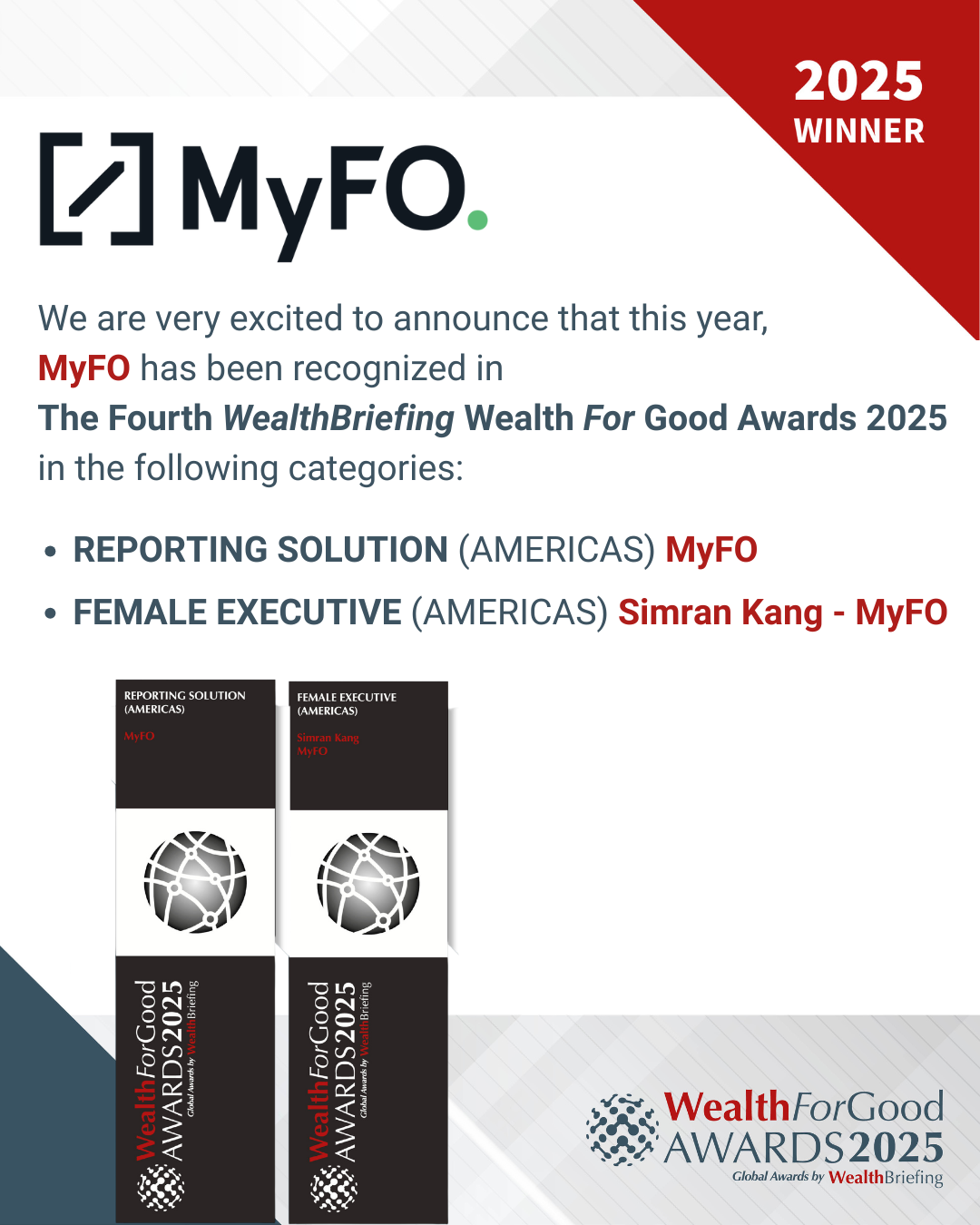The ultra-wealthy and their family offices are relocating their operations across international borders more than ever. In 2025, the movement accelerated, driven not only by tax policy but also by regulatory shifts, lifestyle preferences, and long-term planning needs.
When wealthy families evaluate potential jurisdictions, they consider a range of factors: political stability, regulatory landscape, investment opportunities, and tax advantages. As Henley & Partners notes in The Changing Face of Millionaire Migration, “Tax is only one part of the equation. Increasingly, wealthy families are considering lifestyle, education, health care, and safety for their children when deciding where to base themselves.”
Popular Destinations
Singapore continues to lead as a preferred hub for family offices, with significant growth in recent years. In 2023 alone, the number of single family offices rose by over 35 percent, supported by tax-friendly policies, exemptions for qualifying funds, and a stable regulatory environment that appeals to global wealth holders.
Hong Kong is also working to strengthen its position as a global wealth center. In 2024, the city introduced new tax exemption programs designed for family offices, retained its zero capital gains tax, and strengthened privacy protections for wealth structures.
Uruguay is gaining attention as a rising alternative. It offers political and economic stability, does not tax foreign income, and maintains strong financial privacy standards. Between 2022 and 2024, the number of family offices in the country grew by approximately 28 percent.
The Magnitude of Wealth Migration
The movement of wealth across borders is accelerating, and families are thinking beyond tax. Decisions around where to base a family office now include considerations like ease of doing business, access to education, political stability, and long-term security.
Singapore has become a hotspot, not just for its policy advantages, but for its broader ecosystem, global connectivity, legal infrastructure, and deep financial talent. Hong Kong’s renewed efforts to attract global wealth reflect how competitive the space has become, especially among jurisdictions seeking to serve the next generation of wealth.
Meanwhile, jurisdictions like Uruguay are proving that families are open to emerging markets when the fundamentals are strong. Interest in quieter, well-regulated environments is growing steadily, reflecting a broader shift in what families value when making long-term decisions.
Future Trends
As 2025 progresses, family offices are placing greater emphasis on building meaningful presence in the jurisdictions they operate in. They are increasingly leveraging financial technology to manage complex international structures while navigating the balance between tax efficiency and reputation management.
International diversification is no longer a luxury, it is a practical necessity. As the global wealth landscape becomes more complex, families that adapt are better positioned to preserve and grow their assets.
While minimizing taxes remains important, the focus for many family offices has shifted toward long-term succession and multi-generational planning. The great wealth transfer is partially accelerating this shift. According to research by UBS, an estimated $84.4 trillion in assets will move from baby boomers to younger generations by 2045, with $15.8 trillion expected to transfer before 2030. This transition is reshaping how families think about governance, legacy, and the sustainability of their wealth.
Regulatory pressure is also playing a role. As global standards around transparency and compliance tighten, families are seeking jurisdictions that offer both oversight and operational ease. At the same time, destinations with high-quality education, health care, and overall quality of life continue to rise in importance.
Looking Forward
As 2025 continues, more family offices are thinking carefully about what it really takes to move across borders. It is not just about lifestyle anymore—there are big financial and legal questions involved.
In some countries, moving triggers a “deemed sale” of your assets, which means you could owe taxes just by leaving. Others, like the United States, require citizens to keep filing taxes no matter where they live. Giving up a citizenship is also a serious step and often hard to reverse. That is why many families look for ways to live abroad without fully relocating or changing their citizenship.
Doing this properly takes planning and organization. Family offices need to know where their data lives, how their assets are structured, and whether they are truly prepared to move without risk.


